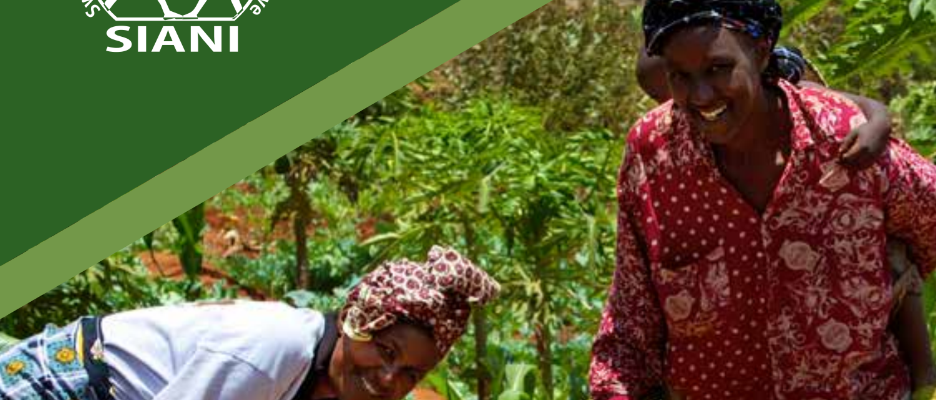This book is the result of a process to better understand the role of gender in agriculture that was initiated by the Swedish International Development Cooperation Agency (Sida) in 2009. Recognizing the importance of empowering women farmers, Sida commissioned a study of the gender aspects of five of its major agricultural programmes.1 The case studies from Ethiopia, Kenya, Mozambique, Nicaragua and Zambia, and the accompanying umbrella analysis, highlighted many difficulties in working towards greater gender equality in agricultural development programmes, but it also revealed a number of valuable lessons and promising approaches. Sida organized a seminar to present the findings of the report in the spring of 2010. At that seminar it became apparent that the findings, particularly in relation to successful approaches and their underlying reasons, needed to be spread to as wide an audience as possible. The Swedish International Agricultural Network Initiative (SIANI) agreed to organize a seminar in April 2011 entitled “Why Women Matter in Agriculture” to begin exploring avenues of further development. Discussion at that seminar made it clear that most everyone (from private, public, academic and civil society organizations) could agree that women matter a great deal in agriculture, and particularly with regard to food security in an African context. Participants were eager to move beyond the analysis of the past and look towards devising mechanisms for changing attitudes and roles – all of this in the overall context of agricultural sector growth and poverty alleviation. SIANI then organized a four day “writeshop” with 20 participants facilitated with the World Café methodology. The participants came from a wide range of institutions: bilateral and multilateral donors, academics, private-sector consultants and NGOs. All had field experience in agricultural development in Africa, and over half currently worked in African organizations.
Authors: Cathy Farnworth, Melinda Fones Sundell, Akinyi Nzioki, Violet Shivutse and Marion Davis
Contact address: melinda.sundell@sei-international.org
Institution: Swedish International Agricultural Network Initiative (SIANI), Stockholm Environment Institute
Twitter name of the institution: @SIANIAgri
Twitter link: https://x.com/SIANIAgri
Available downloads:
Transforming Gender Relations in Agriculture in Sub-Saharan Africa


